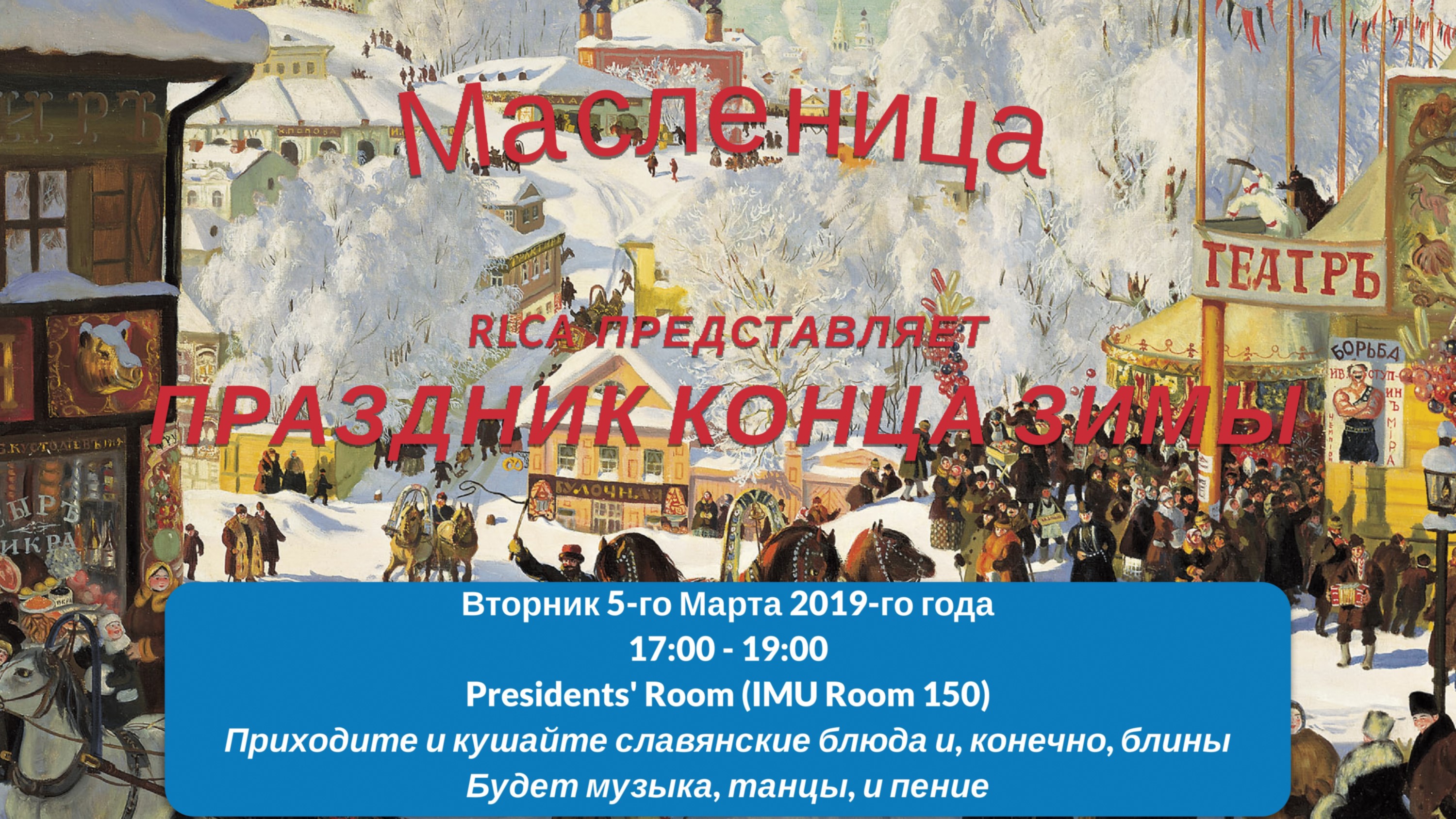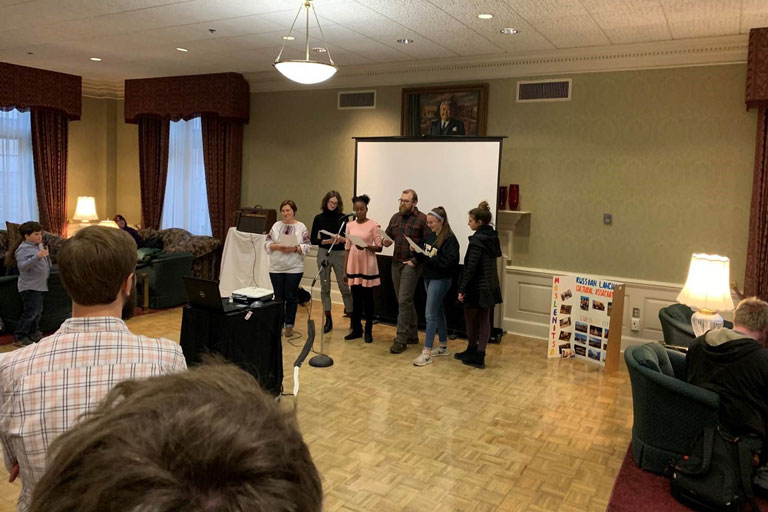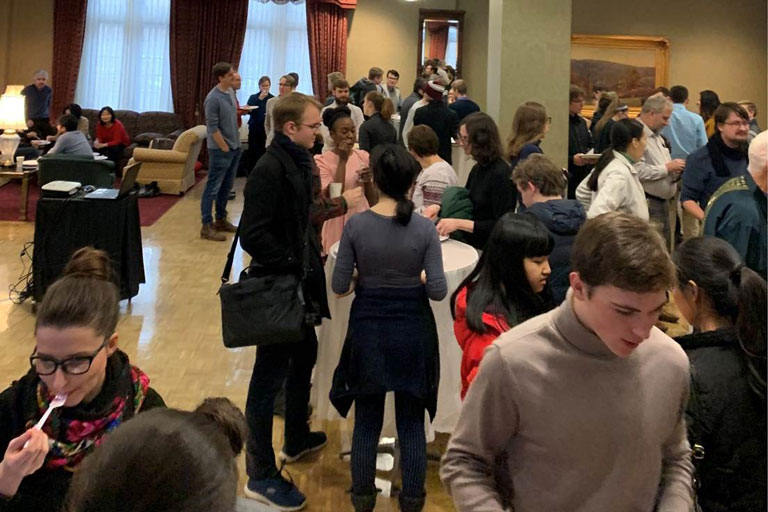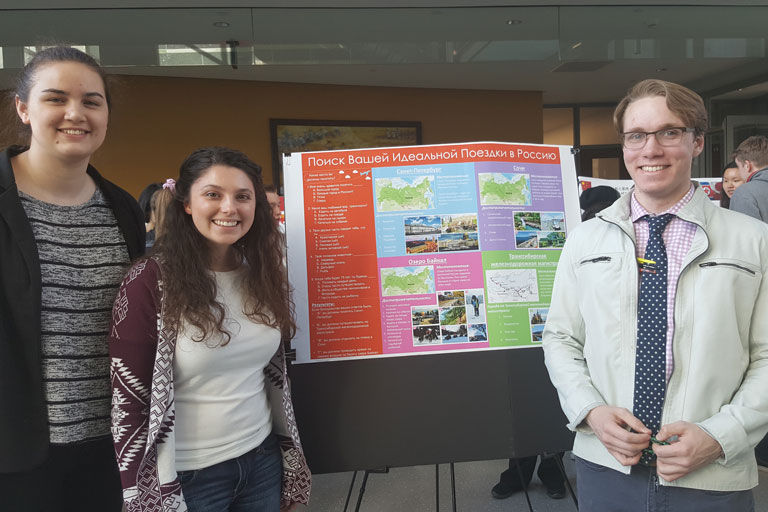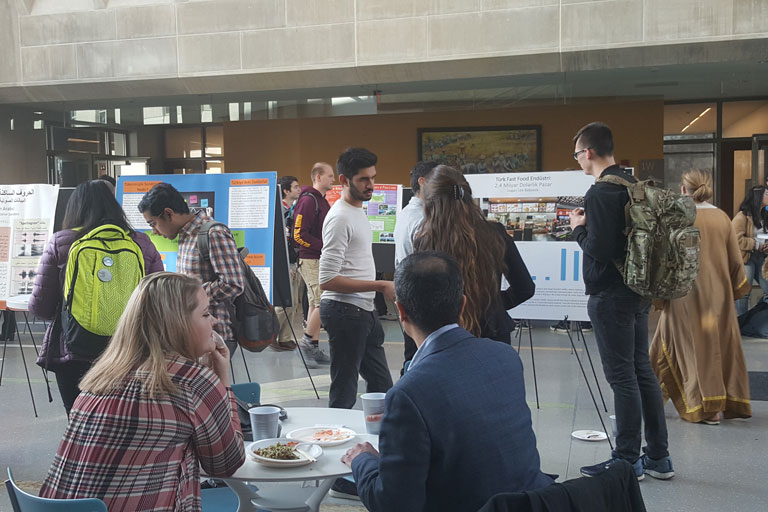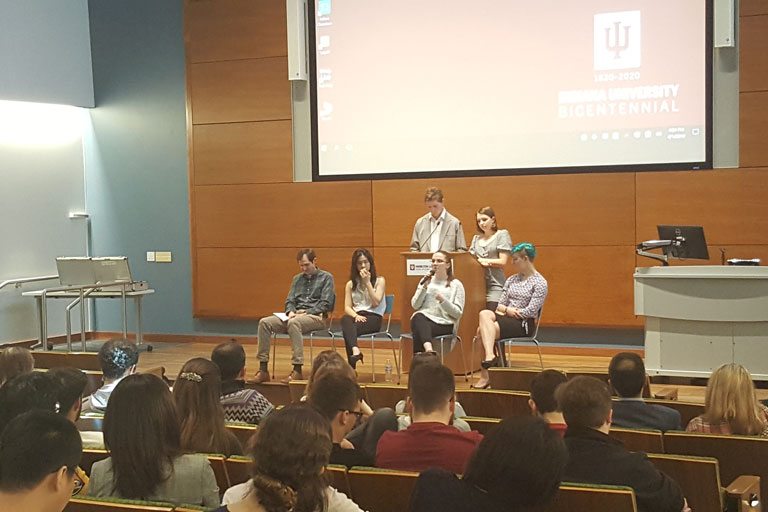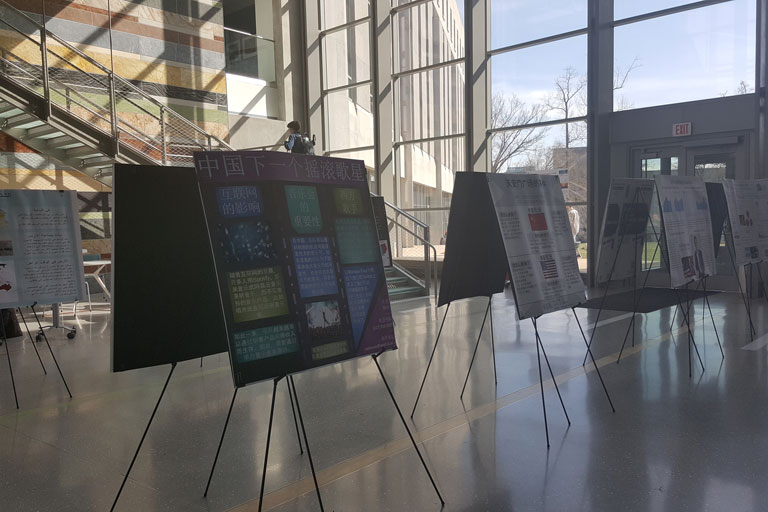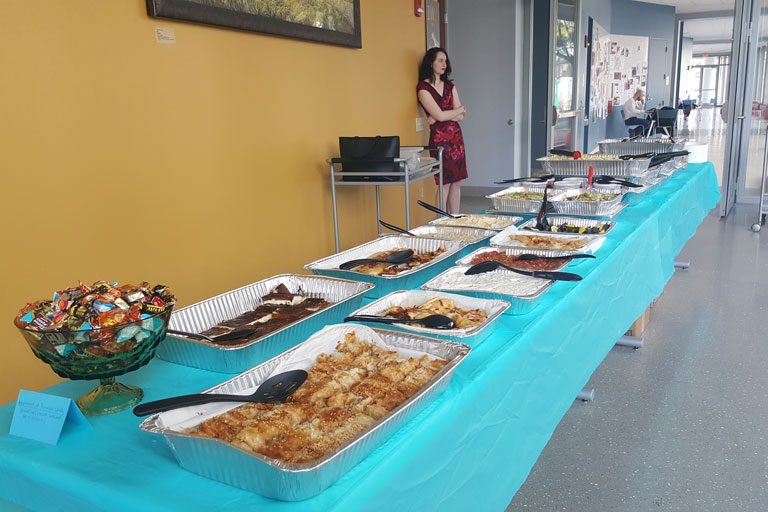The Conference of Parties (COP) is an annual conference organized by the United Nations Framework Convention on Climate Change (UNFCCC) to discuss global progress in combating climate change and to reach further agreements. From November 11th to November 15th, I had the opportunity to attend COP29 to research climate change in the Caspian Sea region. This COP was held in Baku, Azerbaijan, the largest city in the Caspian region and a country that was once part of the Soviet Union. Several factors led me to sign up for this opportunity. Not only am I passionate about fighting climate change and promoting energy transition, but I also have a strong interest in former Soviet countries and the Russian language. All these factors made it an easy choice to travel to Baku for COP29.
During my visit, I was required to supplement my research by attending various events related to my topic and interviewing people about my topic or related subjects. Some of the first people I interviewed were two women from the Kazakhstan pavilion. Kazakhstan, as a country on the Caspian Sea, has experienced economic and ecological effects due to the shrinking Caspian Sea. These women were a very helpful start to my research as they understood well what the slow loss of such a resource could mean. They were very impressed that I greeted them and conversed with them in Russian. I believe I may have received a more personal interview because of this. I continued throughout the rest of the day and the week interviewing people from the region and others who specialize in ecology, economics, or international relations. One event I hesitantly attended was at the Russia pavilion. The event was on the desertification of the Caspian Sea, which is perfectly related to my topic. The event was entirely in Russian, and although there were some technical words I didn't understand, I comprehended exactly what the speaker was discussing. The angle taken was questionable, and I viewed it critically, but this experience was vital to my research regardless.
Overall, this experience was very enriching. Not only was I given the opportunity to study a field I'm passionate about, climate change, at such a prestigious international event, but I was also able to connect my research to many of my other interests in international relations, Soviet history, and the Russian language. Participating in an event where so many people from around the world come together to find ways to solve an issue is inspiring. Never in the history of humanity has the world been so focused on solving one particular issue as it has with climate change. While certain events may pass in our individual countries, this event shows me that there is still hope for us all to work together. The many diverse voices, ranging from giants like former Vice President Al Gore or UN Secretary-General António Guterres to the Kazakh women or the many victims of sea level rise in Pacific islands like Vanuatu and Fiji who just want to keep their way of life, are all fighting for the same outcome. If I could say anything about what I got out of this experience, it is that whether the issue is climate change or conflict between states, there will be those who fight for what is right.




